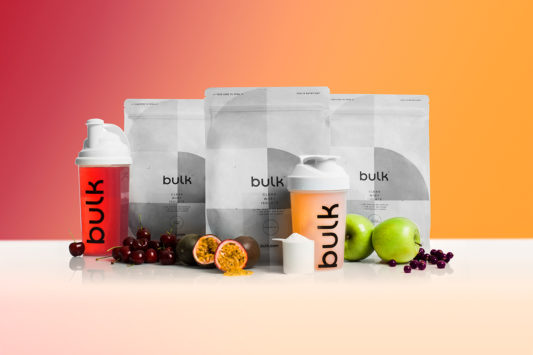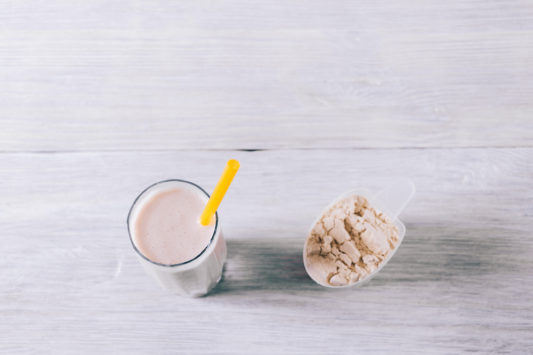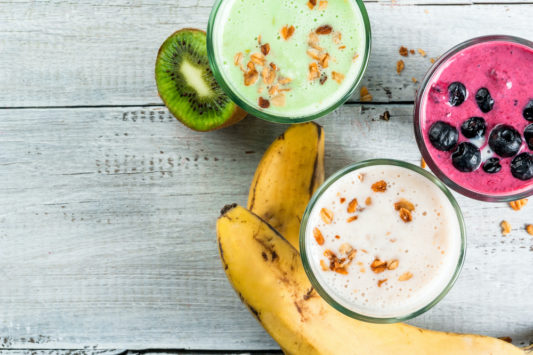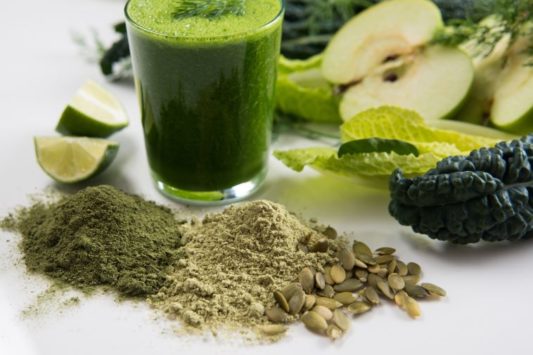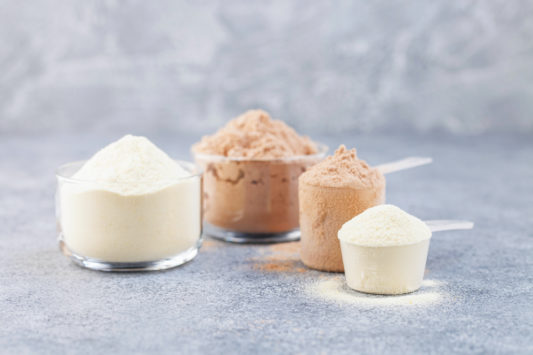Creatine or protein? That is the question. They’re inarguably the two most popular supplements amongst athletes, power-lifters and bodybuilders – and for good reason! Both offer tremendous benefits such as increased power output and aiding in muscle growth – something everybody wants. So what’s the difference between creatine and protein? Let’s find out.
Though both creatine and protein are fantastic supplements to keep in your stack, neither is really “better” than the other as they are two completely different things. If you were strapped for cash though and had to choose one or the other this article is sure to help you make the best choice.
I’ve laid out the basics on what these supplements are, what they can do for you and which one will benefit you the most, based on your own athletic goals.
Creatine 101
“I’m thinking of going on Creatine”
Ever hear anyone say that? It makes it sound like some sort of side-street drug! Creatine is actually a natural compound already found in the body and utilised not only by muscle tissue but by many other organ systems. Creatine can be obtained through our diet via meat and dairy products only, meaning those following a vegan or vegetarian diet should strongly consider supplementing with it. Although we do obtain some creatine from food, we never really fill up those creatine fuel tanks through diet alone. The ideal maintenance dose of creatine is 5g per day (that’s a lot of steaks!) and this can only realistically be met when creatine is taken in addition to your nutrition plan. For this reason, creatine monohydrate supplementation is a sure-fire way of saturating your creatine stores.
What is Creatine?
Simply put, creatine is an energy source for your body. Your body utilizes three main energy pathways to do work – such as lifting a dumbbell, walking or sprinting. There’s the anaerobic glycolytic pathway (providing energy from between 30 seconds to two minutes, such as bodybuilding style training), the aerobic energy pathway (used during long periods of exercise such as steady-state cardiovascular work) and the phosphocreatine ATP pathway (used for short bursts of powerful movements, such as sprinting or lifts of extremely high loads).
Creatine is used up quite quickly and only provides energy for about 10 seconds, so keeping those creatine tanks filled to the brim ensures you get the biggest bang for your buck at your heavy lifting sessions.
Why do we love it?
Besides the reasons mentioned above, creatine also draws water molecules to the muscles where the majority of it is stored. This keeps your muscles hydrated which, when coupled with good nutrition and a solid training plan, can aid in muscle protein synthesis and reduce muscle breakdown when in a calorie deficit (i.e. dieting).
It can also aid in your strength gaining potential by enabling your body to grind out those few extra reps, which do make a difference when you consider the long term effects these extra reps can have on your progress. In other words, creatine supplementation has the potential to help you be an absolute beast!
Protein 101: What is it?
I’d imagine anyone reading this already knows the power of protein and what it’s for but we’ll be pedantic and explain it anyway! Protein (whether it be Whey Protein or any other form) is a macronutrient. In other words, it’s food! Protein is made up of hundreds of amino acids (the building blocks of protein) stuck together. When protein is broken down and digested, these amino acids are used to repair and build new and often stronger muscle tissue (protein does a lot more than this, but we’ll keep it simple). As protein is a macronutrient, it does contain calories (energy for your body to do work) and contributes to your daily caloric intake. We must consume protein through our diets in some form to survive – it’s essential. This is why Whey Protein is not exactly a “supplement”, it’s just a lot more convenient to have after a training session than a cold, gym-bag flavoured chicken breast.
Why do we love it?
Birthday Cake flavoured Whey Protein – that’s why we love it!
On a serious note though, if you are trying to build muscle and are training hard, protein intake requirements are elevated to rebuild damaged muscle tissue into larger and stronger muscles. Whey protein supplementation is therefore extremely convenient for those that are putting in the work at the gym but struggle to hit their protein requirements. Also, the flavours are pretty immense.
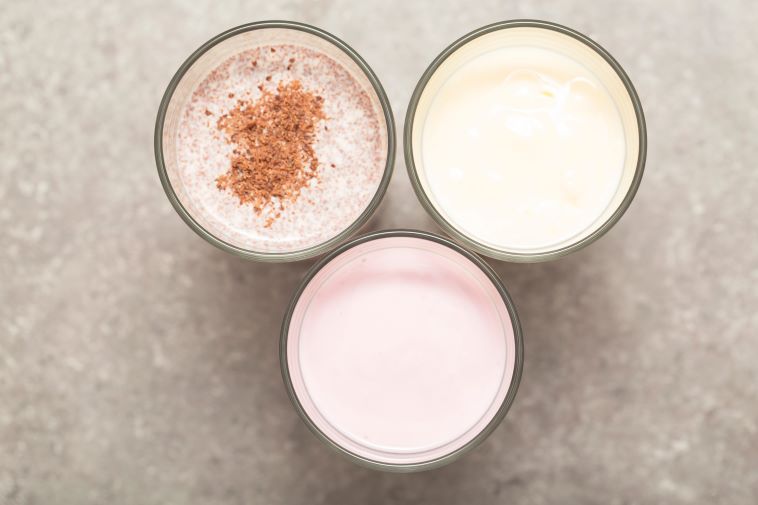
Protein + Creatine = Beast Mode
As I already mentioned it’s difficult to draw like-for-like comparisons between Whey Protein and Creatine as they are very different. However, their effects on the body complement each other which maximises your strength and hypertrophy (muscle growth) potential.
Creatine enables your body to generate more force and more power more often, which will directly impact your strength gains. The stronger you are, the more weight you can lift and therefore the more muscle you can potentially grow. In order for that muscle to grow, protein must be available to build up the new muscle tissue. A match made in bodybuilder heaven!
If you had to choose…
If you are strapped for cash (or are just a penny-pincher like myself!) and you had to choose one or the other, I would recommend creatine before whey protein or other protein supplements. Most people can meet their protein requirements each day through food alone (it can be tricky, but can be done!). However, nobody can easily consume 5g of creatine per day through their diet (except by eating 1kg of raw meat a day) and unless you’re planning on starting your own chicken factory, this would probably be impossible to maintain and not too enjoyable either.
Tell us your opinion on the classic creatine vs protein debate by tagging #TeamBulk on socials and keep your eyes peeled for more nutrition tips.
About the Author
Michelle is a scientist, an athlete and a writer and she’s proud to have faced her demons head-on and she’s beating them. In weight lifting she found an outlet to help change her life.




